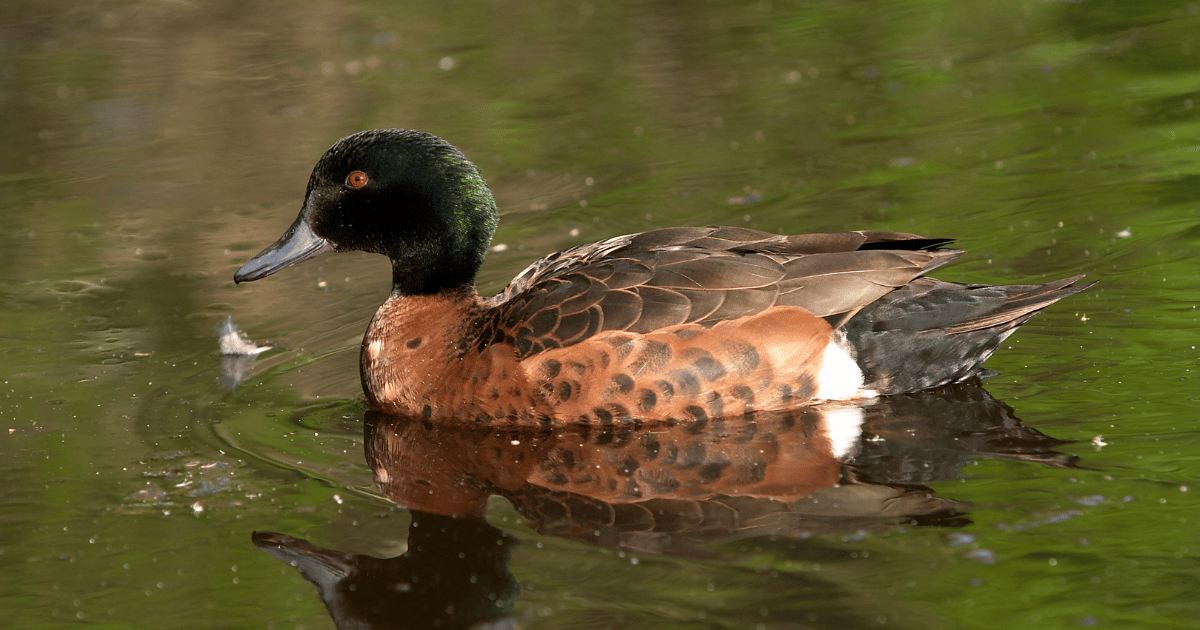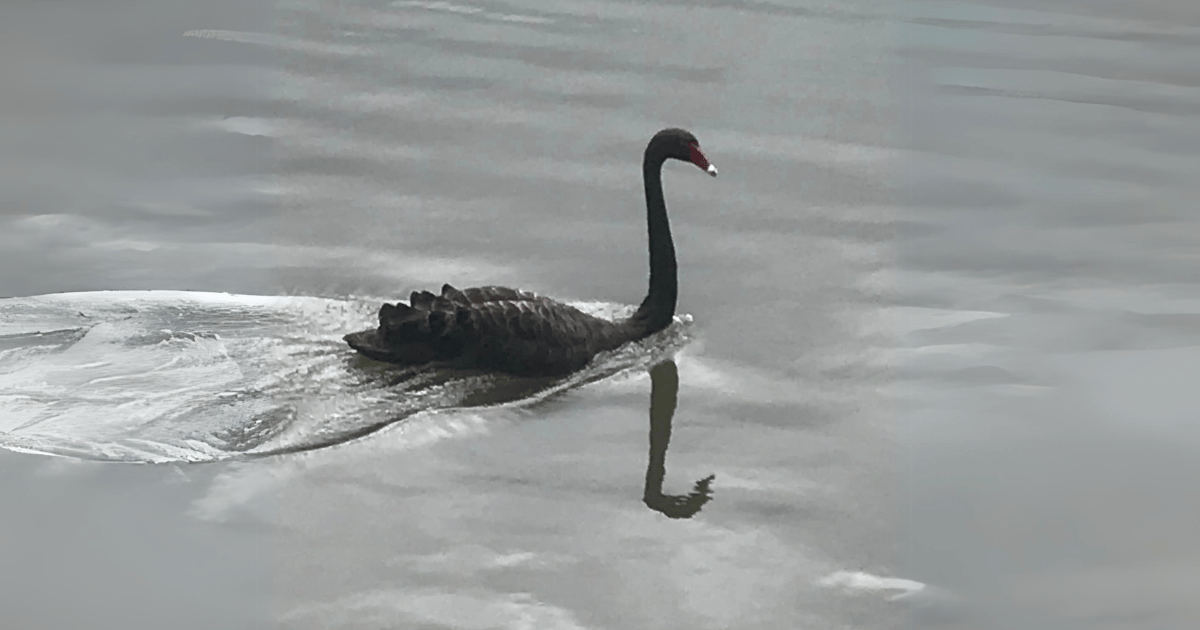WIRES is Australia’s largest wildlife rescue organisation. WIRES has been rescuing and caring for sick, injured and orphaned native animals for over 35 years, and our mission is to actively rehabilitate and preserve Australian wildlife and inspire others to do the same.
WIRES operate a dedicated Wildlife Rescue Office assisting wildlife and the community across Australia 24-hours a day, 365 days a year, providing rescue advice and assistance for over 130,000 animals annually, as well as providing full-time mobile Wildlife Emergency Responders operating across Greater Sydney, South-East Queensland and Tasmania.
WIRES is providing significant national support for hundreds of projects to assist with wildlife rescue and rehabilitation across Australia and working nationally with strategic partners to support the long-term recovery of wildlife habitat and the long-term preservation of native species in the wild.

















